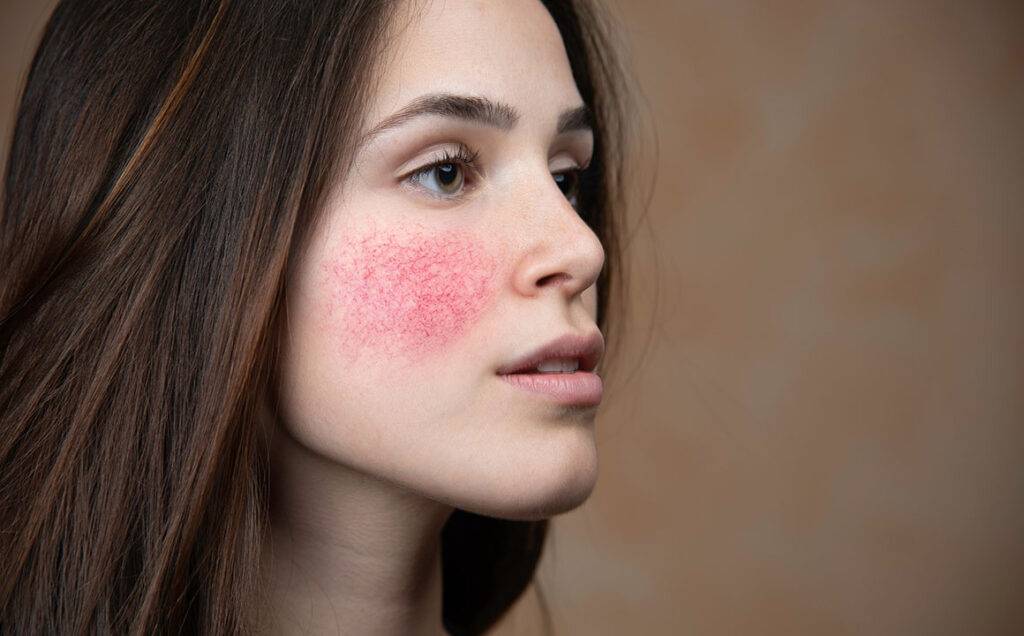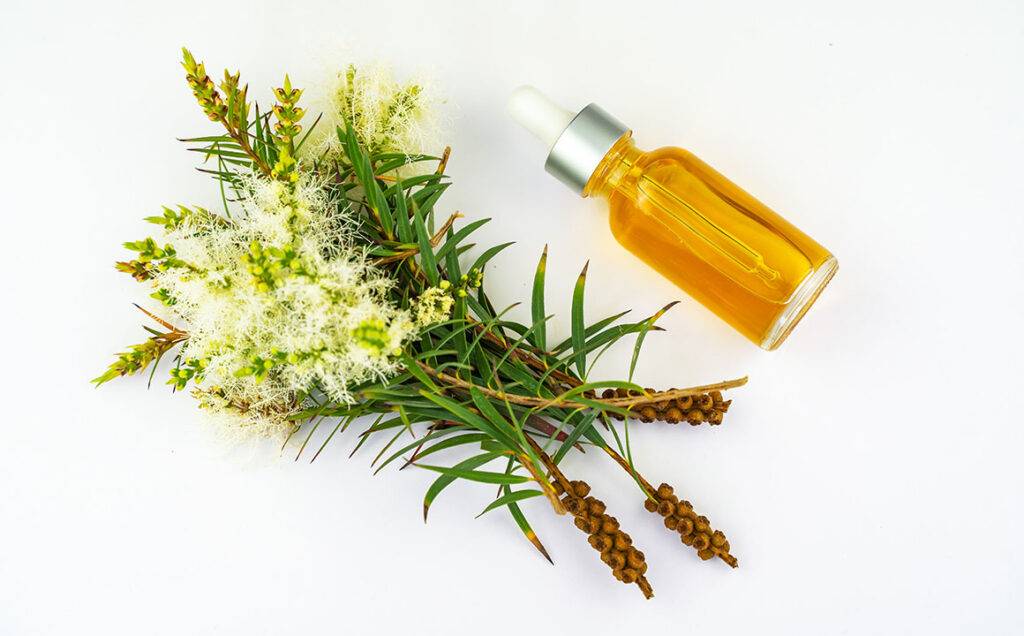When it comes to natural skincare, few ingredients can match the versatility and efficacy of tea tree oil. Derived from the leaves of the Melaleuca alternifolia tree, tea tree oil has been used for centuries due to its potent antimicrobial and anti-inflammatory properties. However, you have to know how to use it correctly. If you want to discover the power of the tree oil, and unlock all of its beauty secrets — here are the best and most effective ways to do that.
Clearing breakouts
Tea tree oil is famous for its ability to combat acne and breakouts. Its antimicrobial properties help to eliminate the bacteria that can clog pores and lead to the formation of pimples. Additionally, tea tree oil possesses anti-inflammatory properties that can reduce redness and swelling associated with acne. To use tea tree oil for blemishes, dilute a few drops with a carrier oil, such as jojoba or coconut oil, and apply it to the affected areas using a cotton pad or swab. Gently massage the oil into your skin and leave it on for a few hours or overnight. Rinse off with warm water and pat dry.
Soothing skin irritations
Tea tree oil’s anti-inflammatory properties make it an effective remedy for soothing skin irritations such as eczema and psoriasis. Its gentle nature helps to calm itching, redness, and inflammation associated with these conditions. To use tea tree oil for soothing skin irritations, mix a few drops of tea tree oil with a carrier oil and apply it to the affected areas. Gently massage the oil into your skin, allowing it to absorb. Remember to patch test before applying it to a larger area of your skin to ensure you don’t have any adverse reactions.

Natural antiseptic
Thanks to its antibacterial and antifungal properties, tea tree oil is a powerful natural antiseptic. It can aid in the healing process of cuts, scrapes, and minor wounds while preventing infections. To use tea tree oil as a natural antiseptic, dilute it with a carrier oil and apply it to the affected area using a clean cotton ball. Its antimicrobial properties will help cleanse the wound and promote faster healing. Tea tree oil can also be used to treat fungal infections like athlete’s foot. Simply dilute it and apply it to the affected area.
Healthy scalp and dandruff treatment
Tea tree oil is also beneficial for maintaining a healthy scalp and hair. It can effectively combat dandruff due to its antifungal properties, reducing itchiness and flakiness. To use tea tree oil for scalp care, mix a few drops with your regular shampoo or conditioner and massage it into your scalp. Leave it on for a few minutes before rinsing thoroughly. Regular use can help alleviate dandruff and promote a healthier scalp, leading to stronger and shinier hair. Additionally, tea tree oil can help soothe an itchy scalp caused by dryness or sensitivity. In some cases, tea tree oil can also regulate sebum production. So if you’re struggling with an oily scalp, try adding a few drops of tea tree to your shampoo.

